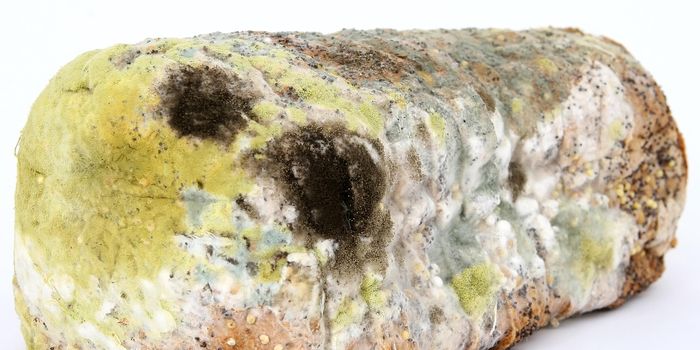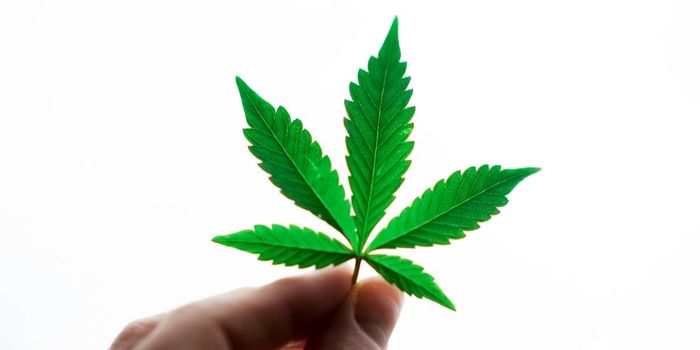Even Later in Life the Brain Still Generates New Cells
We've all heard it before, as we age, we stop producing new brain cells. This theory is often cited as the reason cognition decreases in older adults. Less brain cell production would naturally have an impact on memory, but new research shows that the theory of reduced neuron production in old age is not really how it works. As it happens, older adults produce as many neurons as their younger counterparts.
A study conducted by researchers at Columbia University, published in the journal Stem Cell this month challenges the notion that senior citizens are losing brain cells and not making more. The concept of neuron production, when it starts, when it peaks and when it stops has been controversial in research for decades. There are some studies that show the brain is done making cells at some point and no more are produced, but then why do some older adults not show any cognitive decline? Lead author of the work, Maura Boldrini, is an associate professor of neurobiology at Columbia University and explained, "We found that older people have similar ability to make thousands of hippocampal new neurons from progenitor cells as younger people do. We also found equivalent volumes of the hippocampus (a brain structure used for emotion and cognition) across ages. Nevertheless, older individuals had less vascularization and maybe less ability of new neurons to make connections."
So it's not cell production or brain matter volume. It's related to the vascular structures in the brain and how much blood flow there is to some regions of the brain. Getting a direct look at the hippocampus of the brain soon after death, in patients of various ages, was what was needed to understand the blood flow and amount of cells present, so the team used autopsy studies for the work. There were 28 healthy individuals between the ages of 14 and 79 involved in the research, all of whom had died suddenly. The hippocampus is "Memory Central" in the brain. It's where episodic memories are converted to long-term knowledge and also where new skills are first learned. All of the patients in the study were determined to be healthy and without any mental impairment. The team also checked that none of the subjects had taken antidepressants, which some research has shown reduces the ability of the brain to make new brain cells. In the rodent model and primates, it's been determined that new cells in the hippocampus are not produced after a certain age, and there is brain volume shrinkage, but this may not be the case in humans after all.
The brains used in the study came from a wide range of ages, which made the results even more valid. Even in the oldest patients, there was neurogenesis present in the hippocampus. They wrote, "We found similar numbers of intermediate neural progenitors and thousands of immature neurons." Progenitor cells come from stem cells, and while there are fewer as we age, they are being made. The issue is getting blood flow to these cells and how they connect. Dr. Boldrini explained it in a press release, stating, "It is possible that ongoing hippocampal neurogenesis sustains human-specific cognitive function throughout life and that declines may be linked to compromised cognitive-emotional resilience." There was evidence in the brains of the older patients of a problem with growing new blood vessels, and this is believed to impact the efficiency of the cells that are getting produced. Check out the video below for additional information on the study.









